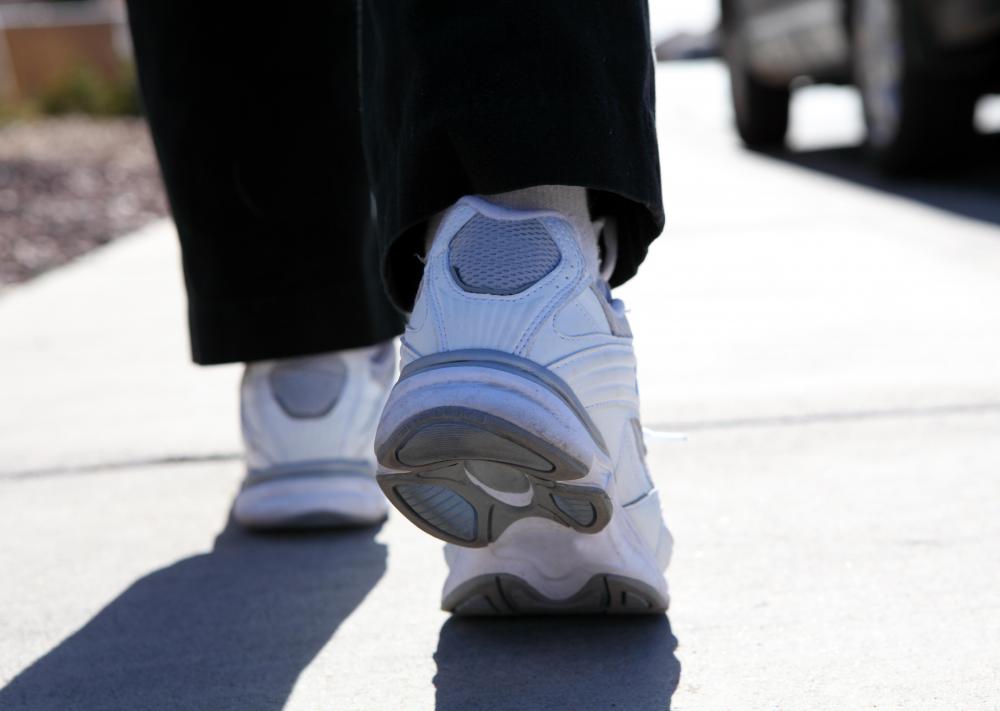At WiseGEEK, we're committed to delivering accurate, trustworthy information. Our expert-authored content is rigorously fact-checked and sourced from credible authorities. Discover how we uphold the highest standards in providing you with reliable knowledge.
What is Health Ecology?
Health ecology is a fairly new discipline of study which evaluates humans and wellness in regards to their total environment. In some forms of health ecology, researchers might look at health risk profiles of a particular group of people, and compare this information to certain known factors about the environment of such people.
Health ecology may delve into the interaction between the human, the disease, and their home, job, or outdoor environment, but also into the mental environment of the individual. The ecology of health might evaluate feelings, thoughts, attitudes, religious and exercise practices, and diet in examining overall heath.

Health ecology can reasonably be called evaluation of disease that differs from traditional medicine. If a person gets an occasional headache, the person is likely to use an over the counter medication to stop pain. The doctor might want to know the reason for the headache and might perform several tests to rule out migraines, to look for high blood pressure, to check for allergies, or to see if sinus infections exist.

In health ecology, the questions to the person with the headache might be much more broad-based. The researcher would want to know where the person lives, what kind of cleaners he uses, what kind of job he works, and how often he takes a walk. The health ecologist might also want to understand the person’s perception of the headache, the stress level of the person, and the person’s meditation or religious practices.

In this way, the health ecologist contextualizes the headache in reference to the total environment of the person, not simply from a medical standpoint. However, the ecology of health does not ignore the medical data. Instead it augments it with much more information about the person’s interaction with his or her total environment.
Applications of health ecology tend to include analysis of groups, based on known interactions with the entire environment. The health ecologist may provide data to government agencies developing health risk profiles to broaden the understanding of how disease is impacted by the total environment. The health ecologist might also be a practicing nurse or doctor who works with people with disease that cannot be diagnosed by normal medical means. For example, the field of environmental illness, where some have to have very limited exposure to the world outside their homes, is of great interest to the health ecologist.

There are now numerous reputable schools that offer beginning and advanced degrees in health ecology. Some medical schools now also offer at least introductory classes in this field. It is not uncommon to see nursing schools offer similar introductory courses. Although the field is broad, it is definitely thought to be of great significance and scientifically sound. It is complementary to medicine since both medicine and health ecology have the final goal of improving the health of all people.
AS FEATURED ON:
AS FEATURED ON:




















Discussion Comments
@healthnwell--You do not need a medical license to practice health ecology. This is more of a complementary field. You can start to practice with as much education as a bachelor of science with a major in health ecology, or further your education with a master's or PhD. Even with a bachelor degree there are many career opportunities out there.
If you need guidance, a good place to contact is the Dept of Health Ecology and they can direct your educational goals. My friend did this and she is now practicing as a wellness therapist.
This sounds like a very interesting field of medicine. I am currently getting my degree in Alternative Medicine. Does anyone know if this field is something that can be used with functional medicine? Does the health ecologist need a full medical license or is it complementary?
Post your comments